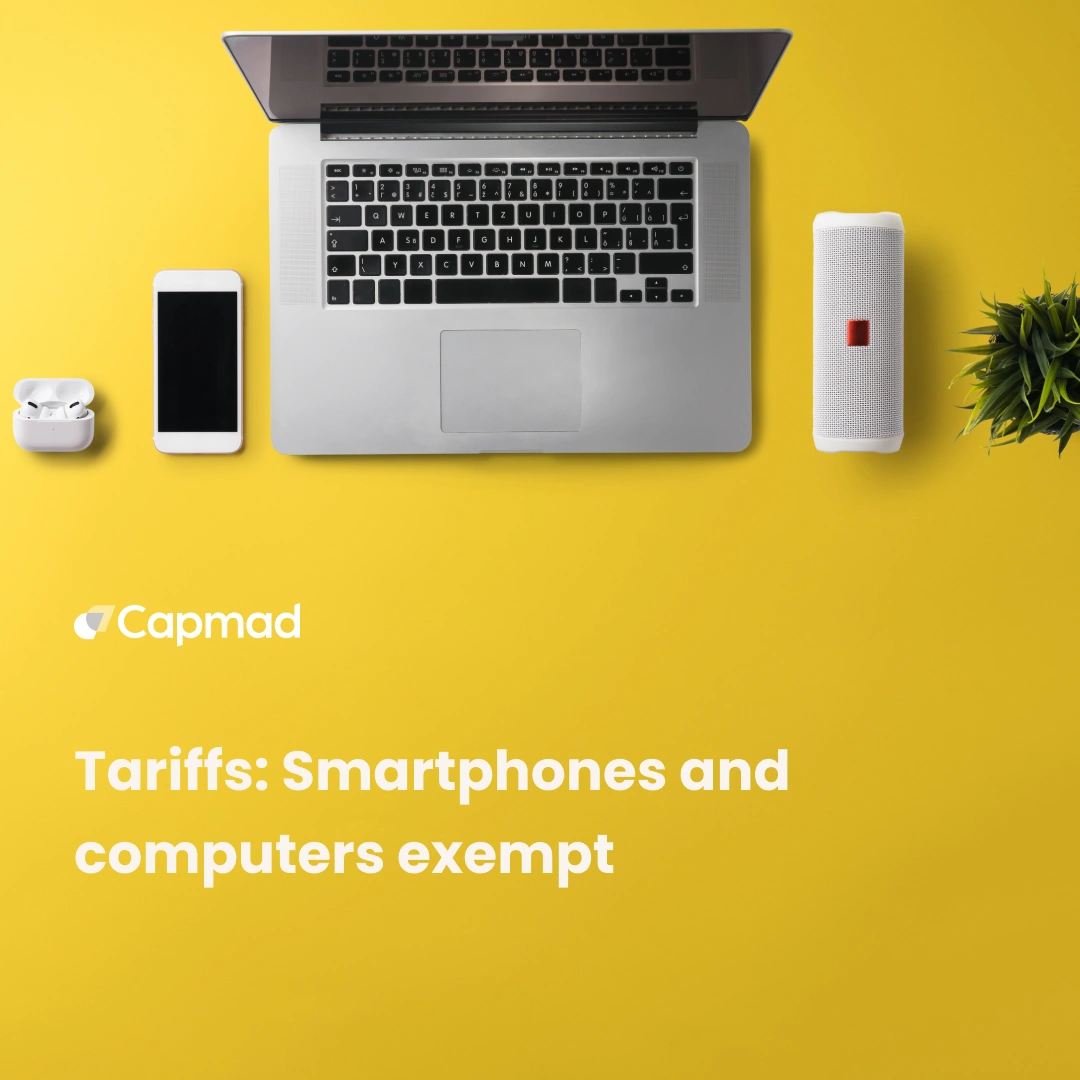In February 2024, the World Bank allocated 20 million USD to the Smart Africa Digital Academy (SADA) for its five-year continental expansion. This grant is part of the West Africa Regional Digital Integration Program (WARDIP).
Enhancing digitalization in West Africa
Despite the proliferation of high-speed mobile internet, West Africa grapples with significant challenges in connectivity. The adoption rate of high-speed mobile services remains below 40 %, primarily attributed to their steep prices. Moreover, infrastructure must improve to meet the escalating demand for connectivity and digital services.
On November 30, 2023, the World Bank earmarked 266.5 million USD to bolster digital transition in West Africa. This initiative aims to enhance connectivity in Gambia, Guinea, Guinea-Bissau, and Mauritania while fostering a cohesive regional digital market.
Concurrently, the project endeavors to generate new employment opportunities, promote gender parity in the sector, facilitate access to financial services, and stimulate entrepreneurship. The program collaborates closely with the African Union, Smart Africa Alliance, and the Economic Community of West African States (ECOWAS). In turn, these initiatives will help raise awareness and circumscribe the delicate cases of African debt to international institutions.
DTfA/WARDIP program by the World Bank
The DTfA/WARDIP program, abbreviated for the English translation of the Regional Program for Digital Transformation in Africa and Digital Integration in West Africa, is a project dedicated to supporting the Smart Africa Alliance in enhancing the skills of African policymakers and reducing gender disparities in the digital realm. Moreover, it aids information and communication technology (ICT) actors in stimulating the regional market’s growth. Additionally, the initiative encourages the involvement of public entities, universities, and regulators in driving digital transformation.
The overarching goals of the DTfA/WARDIP program are as follows :
- Bridging the digital divide
- Decreasing the cost of internet services within the region
- Fostering competition among service providers
- Enhancing the foundational infrastructure
- Creating new employment opportunities and services for 1.3 million individuals
- Extending benefits to 50 % of beneficiaries who are women and disabled individuals
As per the World Bank’s Regional Director, the DTfA/WARDIP program is pivotal in shaping an interconnected, innovative, and inclusive future in West Africa. « The initiative seeks to advance regional integration through collaborative efforts and strategic investments, dismantling barriers and fostering empowerment in the digital age. »
Digital transformation: AReg4DT Program
The AReg4DT program is dedicated to fostering agile regulation in digitization. This collaborative effort involves the German Agency for International Cooperation (GIZ) and the World Bank, in partnership with Smart Africa, supporting implementing the Digital Economy for Africa (DE4A) initiative. The program aligns with the Digital Academy’s objectives, a platform Smart Africa established to promote digital skills, and the German agency’s e-learning platform, Atingi. AReg4DT aims to equip African politicians and legislators with the necessary tools to effectively regulate a unified digital market.
Understanding the Smart Africa Digital Academy (SADA) Initiative
In 2020, the Smart Africa Alliance introduced the Smart Africa Digital Academy (SADA), a groundbreaking initiative focused on digital training across the continent. With an initial investment of 30,000 USD, the academy successfully launched the first online training program tailored for policymakers. Its establishment is supported by the Norwegian Agency for Development Cooperation (NORAD), the German Federal Ministry of Society and Development, and the Deutsche Gesellschaft für Internationale Zusammenarbeit (GIZ) GmbH.
Mission and objective of SADA
The Smart Africa Digital Academy is pivotal in enhancing digital skills and fostering an active learning environment in Africa. The institution strives to meet the evolving talent demands of African citizens, offering online training programs that have already benefited over 7,000 participants across 35 African countries.
SADA adopts a multidimensional approach to engage with five primary groups :
- Policymakers and decision-makers
- Entrepreneurs and youth
- Teachers and students
- Digital experts
- General public
Role of SADA in digitization
The COVID-19 pandemic has underscored the critical importance of digitization in education across Africa, particularly in Science, Technology, Engineering, Arts, and Mathematics (STEAM) and ICT-focused training. Recognizing this significance, the World Bank is committed to expanding the reach of SADA and facilitating digital transformation in the West African region.
The national SADA and the AReg4DT program bolster this expansion initiative. Together, they aim to train 30,000 policymakers and regulators in Africa, with a notable emphasis on gender diversity, targeting 40 % of participants as women. The training curriculum will leverage green and inclusive technology to drive transformative change. SADA will play a pivotal role in enhancing essential skills aligned with the evolving demands of the African job market.







